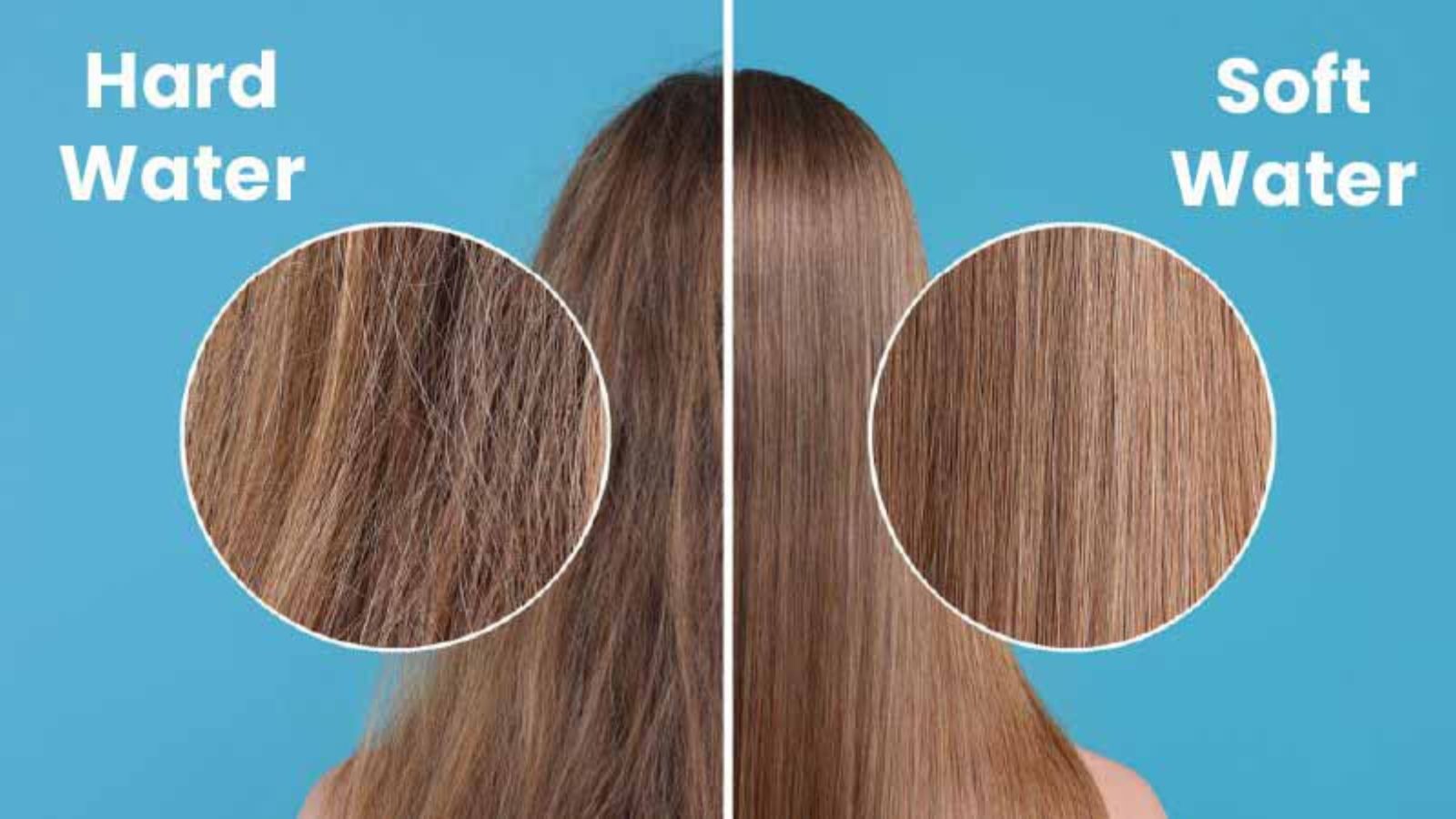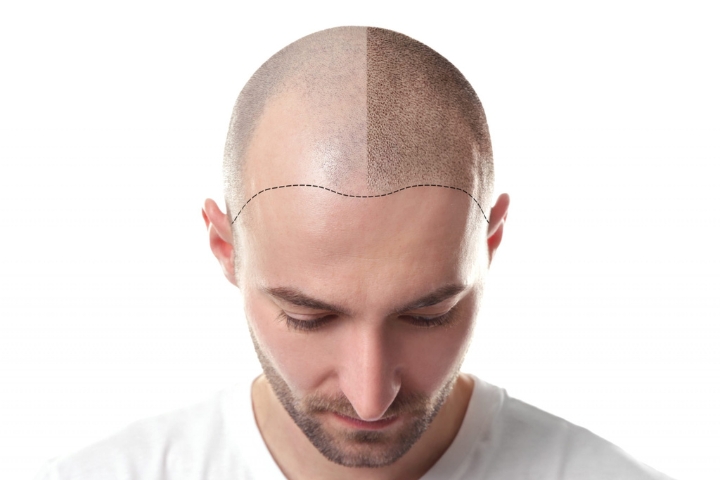You might be using the best shampoo and following a healthy hair care routine, yet still struggling with hair fall, frizz, or dryness. The hidden culprit could be the quality of water you’re using.
In this blog, Dr. Abhishek Malviya, leading dermatologist and hair specialist at Radiant Skin Clinic, Indore, explains how hard water vs. soft water impacts your hair—and what you can do about it.
What Is Hard Water?
Hard water contains high levels of minerals like calcium and magnesium. These minerals react with shampoos and conditioners, forming a residue that can coat your hair and scalp. Over time, this buildup:
Weighs hair down and makes it look lifeless
Blocks hair follicles, leading to scalp issues
Makes hair dry, brittle, and prone to breakage
Contributes to increased hair fall and dandruff
If you’re experiencing unexplained hair issues and suspect water quality might be a factor, book a consultation with our Dermatologist in Indore at Radiant Skin Clinic for a detailed scalp and hair assessment.
How Is Soft Water Different?
Soft water has a low concentration of minerals and rinses off easily from your scalp and hair. Benefits of soft water include:
Better lather and rinse of shampoo
No residue or product buildup
Softer, shinier, and more manageable hair
Reduced scalp irritation and flakiness
However, extremely soft water may leave your hair feeling slippery or flat due to excess moisture retention—though it’s generally safer than hard water.
Signs Hard Water Is Affecting Your Hair
You might be dealing with hard water damage if:
You notice more hair fall after shifting to a new location
Hair feels rough, tangled, and hard to style
You need to use more shampoo to get a lather
Scalp feels itchy or flaky even after washing regularly
You see white chalky deposits on faucets or tiles
How to Protect Hair from Hard Water Damage
Use a chelating or clarifying shampoo once a week
Install a shower filter to reduce mineral content
Rinse hair with filtered or RO water when possible
Apply a deep conditioning hair mask weekly
Use a leave-in conditioner or serum to prevent dryness
For those already facing hair loss or scalp issues, advanced clinical treatments are recommended. Dr. Abhishek Malviya offers:
PRP Therapy for hair strengthening
Hair Fall Control Medications & Scalp Serums
GFC (Growth Factor Concentrate) therapy
Best Hair Transplant in Indore using FUE technique for long-term hair restoration
Clinical Tip: Combine Water Treatment with Medical Hair Care
Simply changing water type won’t reverse hair loss. A clinical diagnosis ensures you’re also addressing nutritional, hormonal, or dermatological causes of hair problems. Our Dermatologist in Indore offers personalized plans based on scalp scans, blood reports, and hair analysis.
Final Thoughts
Water quality has a major—but often overlooked—impact on your hair health. While hard water can damage and thin your hair, expert care, right products, and minor home adjustments can protect and restore it.
Visit Radiant Skin Clinic, Indore, to consult with Dr. Abhishek Malviya for hair loss diagnosis, hard water management tips, and cutting-edge clinical treatments for stronger, healthier hair.



